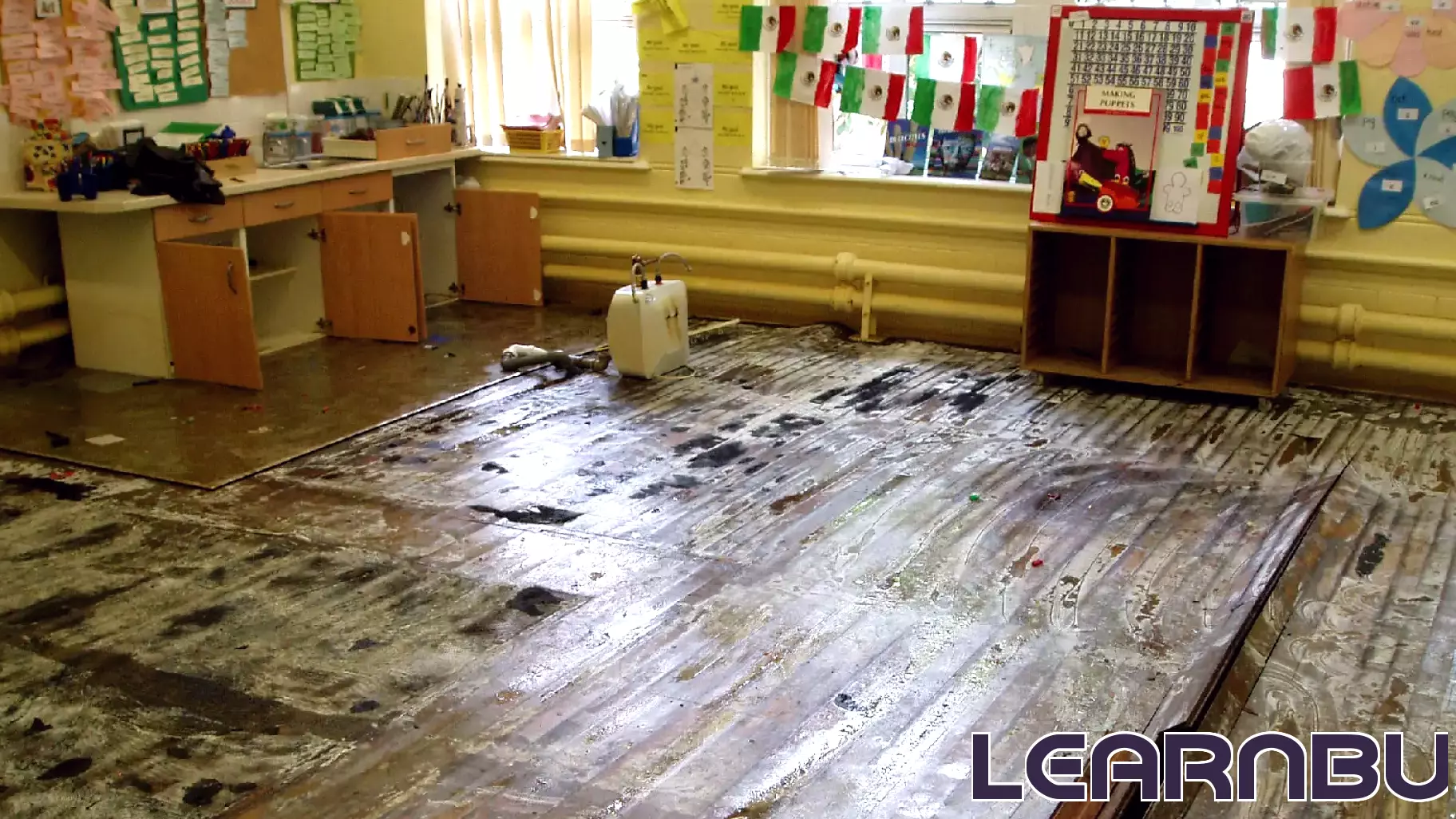Global Education Disrupted by Extreme Weather Events
December 11, 2024 - 12:32

Between January 2022 and June 2024, over 400 million students worldwide experienced significant disruptions to their education due to extreme weather events. Natural disasters such as hurricanes, floods, and wildfires have wreaked havoc on schools, forcing closures and displacing students. The impact of these events has been profound, not only interrupting classroom activities but also affecting the mental health and well-being of students.
In many regions, schools have been damaged or destroyed, leaving communities scrambling to find alternative learning environments. Remote learning, while a temporary solution, often lacks the resources and support needed for effective education. Furthermore, the psychological toll on children, who face uncertainty and fear, cannot be overlooked.
As climate change continues to escalate, the frequency and intensity of these extreme weather events are expected to increase, raising urgent questions about the resilience of educational systems. Stakeholders must prioritize infrastructure improvements and develop adaptive strategies to ensure that education remains accessible, even in the face of natural disasters.
MORE NEWS

March 5, 2026 - 00:23
Delaware Department of Education lays out strategic plan as some state lawmakers question program cutsThe Delaware Department of Education has released a comprehensive strategic plan outlining its priorities for the coming years, even as certain proposed program reductions face questions from state...

March 4, 2026 - 05:11
Famoso Dragstrip hosts NHRA Youth and Education Services programThe legendary Famoso Dragstrip recently shifted its focus from pure speed to sparking futures, hosting a dynamic NHRA Youth and Education Services (YES) program. Over 500 high school students from...

March 3, 2026 - 05:45
GREEN DOT PUBLIC SCHOOLS RECEIVES $8.84 MILLION, SEVEN-YEAR GEAR UP GRANT FROM U.S. DEPARTMENT OF EDUCATIONGreen Dot Public Schools has been selected as the sole charter public school organization in the nation to receive a substantial GEAR UP grant from the U.S. Department of Education. The award,...

March 2, 2026 - 21:03
YOU CAN HELP: Outdoor education for Roxhill Elementary studentsA new initiative at Roxhill Elementary aims to ensure every student can experience the profound impact of learning in nature. Spearheaded by teacher Shawna Prynne, a community fundraiser has been...